Propiedades
Compra, venta y alquiler de bienes raíces en Uruguay. Con oficinas en Punta del Este.
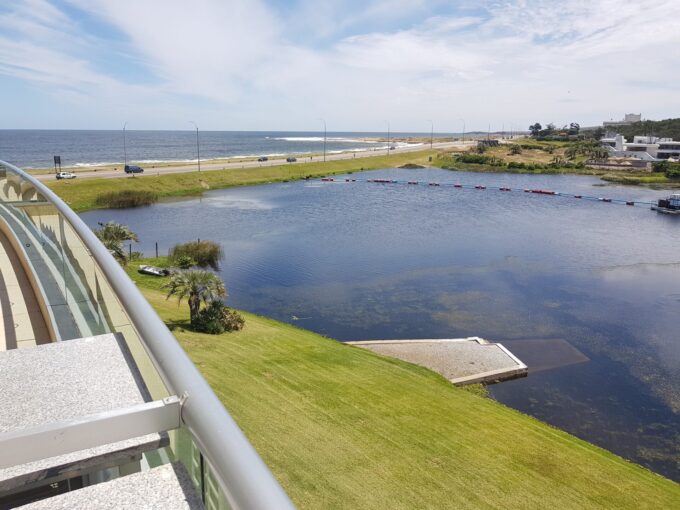
U$S670.000
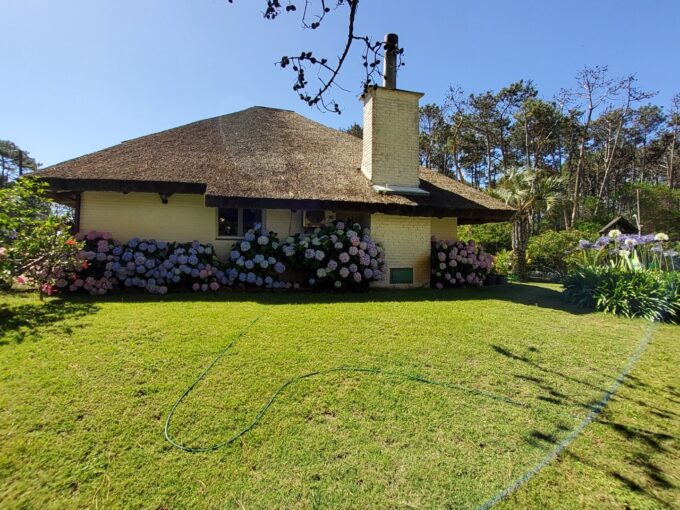
U$S395.000
Punta del Este, Departamento de Maldonado, Uruguay
Punta del Este, Departamento de Maldonado, Uruguay
Compra, venta y alquiler de bienes raíces en Uruguay. Con oficinas en Punta del Este.
U$S379.000
U$S695.000
U$S670.000
U$S700.000
U$S2.150.000
U$S395.000
Somos una empresa boutique multibilingüe de bienes raíces con 17 años de trayectoria internacional con visión emprendedora y profunda vocación de servicio. Gracias a nuestra experiencia multicultural, trabajando por muchos años en televisión, en diplomacia, en asesoramiento para traslados de ejecutivos en Europa, Asia y el continente Americano, tenemos gran capacidad para interpretar sus objetivos de compra o inversión con un asesoramiento integral y valor agregado.
Nuestro objetivo es mantener la más alta reputación con la integridad de nuestros servicios, gracias a las cuales nuestros clientes siempre vuelven y nos recomiendan. Trabajamos según nuestro paradigma: pensamiento global, actuación local.
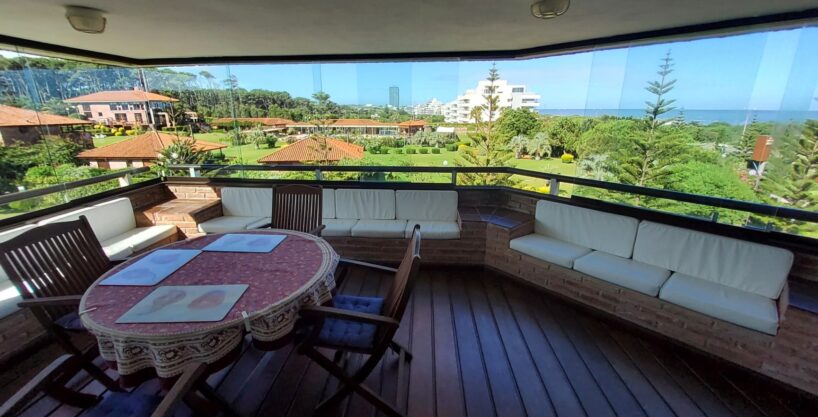
Ubicada en edificio conocido frente al mar, se encuentra este hermoso apartamento con vista franca…
U$S379.000
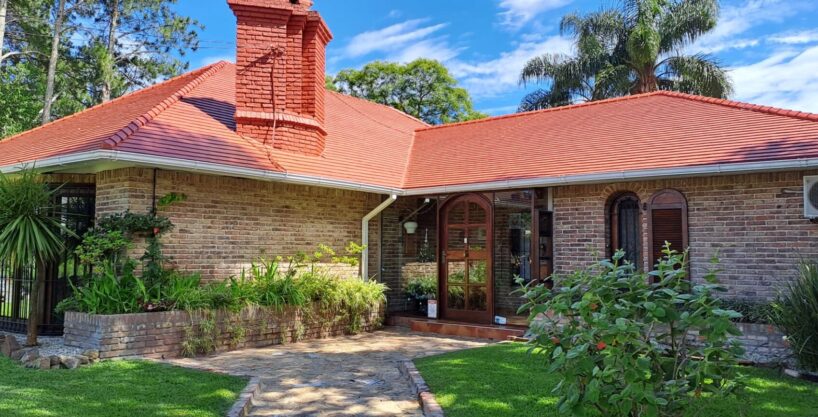
Este preciosa casa en zona residencial y con proximidad a los colegios internacionales es ideal…
U$S695.000

Impecable apartmento en el emblematico edificio sobre la Laguna. El apartamento invita a un luminoso…
U$S670.000
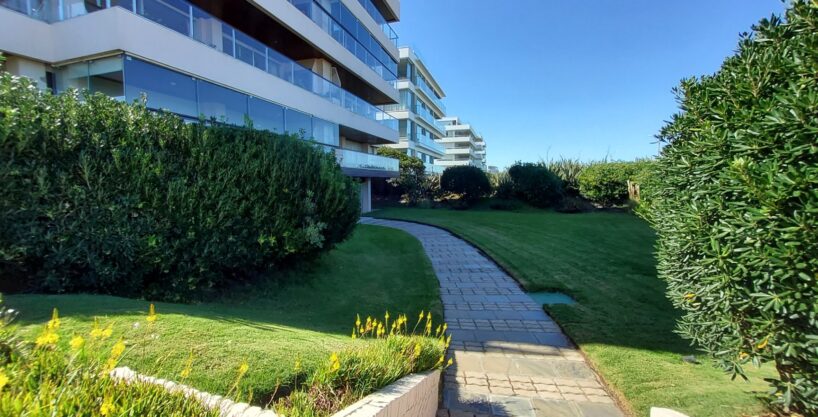
Lujoso, gran apartamento de medio piso en un codiciado edificio de 4 pisos. El apartamento,…
U$S700.000
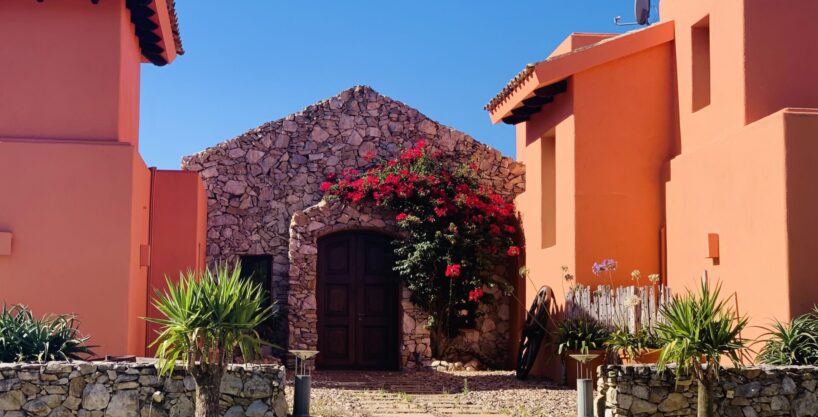
Esta maravillosa chacra, a minutos de la Laguna del Sauce y la playa Solanas, se…
U$S2.150.000
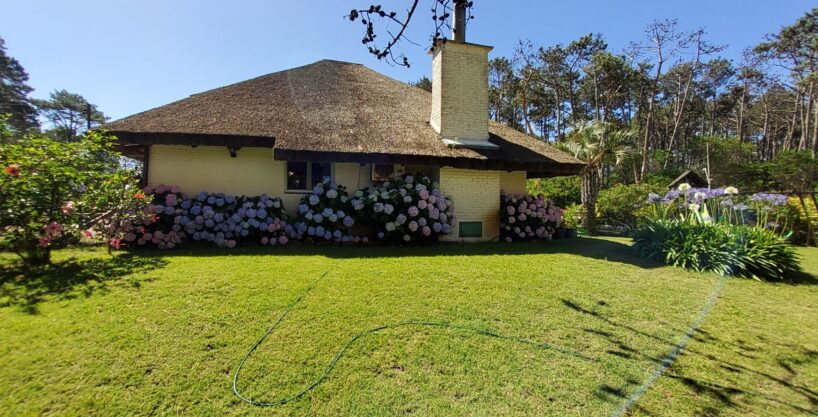
Esta hermosa propiedad se encuentra en ubicación privilegiada a 150 m del mar. La casa…
U$S395.000
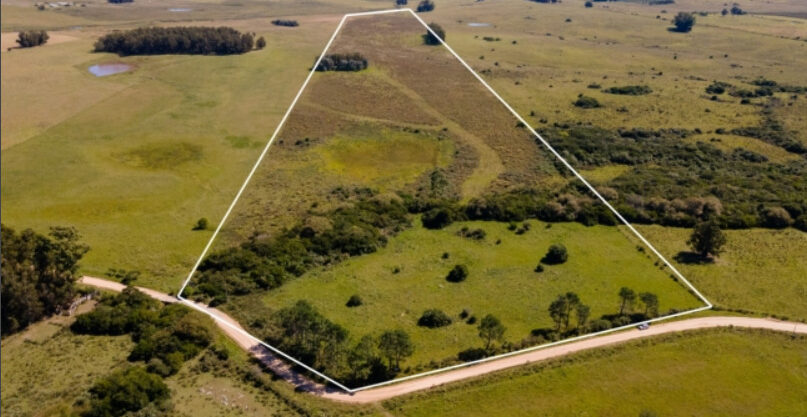
Disfrute de lo mejor de ambos mundos con esta impresionante fracción de 27,6 hectáreas (67…
U$S475.000
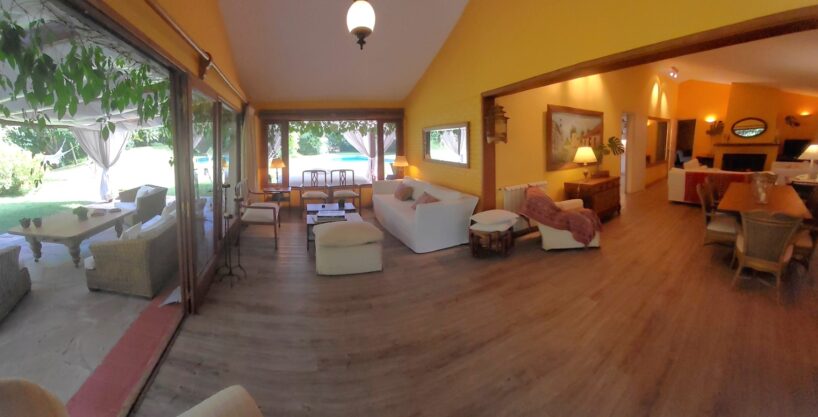
Excelente oportunidad de compra de residencia en zona paradas: construido toda en una planta, la…
U$S795.000
Uruguay Property: Encuentra las mejores propiedades en Uruguay, ofrecemos todo tipo de inmuebles con todo rango de precios para satisfacer los clientes más exigentes. Uruguay Property, su mejor socio para transacciones de bienes raíces en Uruguay
Punta del Este es una de las ciudades más famosas y apasionantes de Uruguay y un lugar excelente donde comprar una casa tanto como segunda residencia, como para invertir o donde vivir permanentemente. Los activos inmobiliarios de Punta del Este siguen siendo una excelente opción de inversión.
Uruguay Property es una agencia inmobiliaria especializada en las mejores zonas de Punta del Este, Maldonado Uruguay. La inmobiliaria cuenta además con una división especializada en venta y alquiler de inmuebles en las zonas mas exclusivas de Uruguay.
La inmobiliaria Uruguay Property dispone de una amplia cartera de propiedades y cuenta con un equipo comercial compuesto por profesionales especializados, altamente cualificados y con una extensa trayectoria en el sector inmobiliario Uruguayo. . El servicio mas destacado de Uruguay Property es brindar asesoramiento a una gama muy amplia de clientes internacionales con distintos estilos y diversas metas financieras.
Uruguay Property ofrece un servicio cercano y de calidad, donde sus clientes pueden seguir paso a paso todo el proceso que requiere la compra, venta o alquiler de una propiedad. Y siempre, acompañados por su directivo que asesorará y atenderá al cliente durante todo el proceso de comercialización.